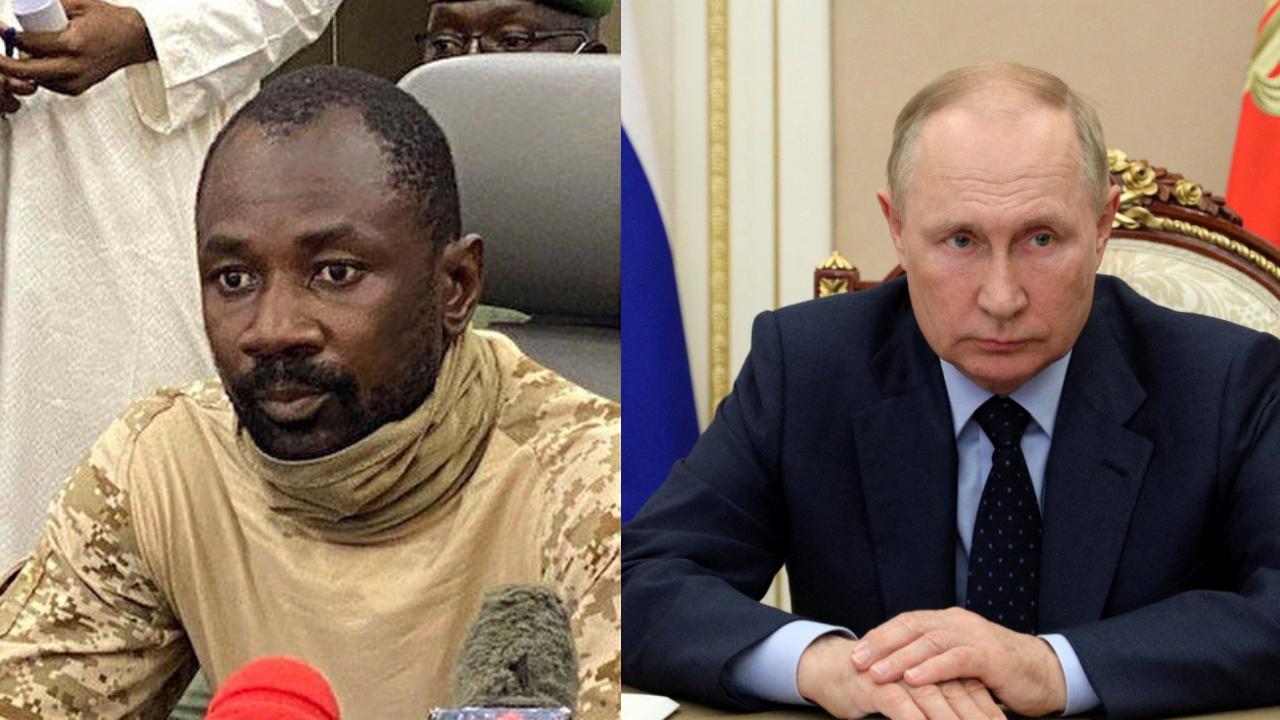
Russia and Mali have affirmed their commitment to bolstering joint efforts in combating terrorism, following a devastating attack in Moscow that claimed the lives of at least 137 individuals.
In a recent telephone conversation, Russian President Vladimir Putin engaged with the leader of the Malian junta, Colonel Assimi Goita, alongside Congolese President Denis Sassou Nguesso, as stated by the Kremlin.
The Kremlin announced that Putin and Goita reached an accord to enhance their collaboration in counterterrorism measures. The Islamic State (IS) group has repeatedly claimed responsibility for the attack, substantiated by the dissemination of a harrowing video depicting the assailants in action.
Colonel Goita echoed the sentiment on social media, affirming the mutual commitment to intensify efforts in combating terrorism. This strategic alignment follows France’s withdrawal of troops from Mali due to strained relations stemming from political upheavals in 2020 and 2021.
With France’s departure, Mali has pivoted towards forging a closer political and military alliance with Russia. Moscow’s influence has been steadily growing, facilitated in part by the deployment of fighters from the Wagner mercenary group, aligned with Kremlin interests in resource-rich African territories since the previous decade.
Beyond counterterrorism, Putin and Goita explored avenues for collaboration in energy, agriculture, and mining projects, according to Kremlin reports. Russia’s provision of essential commodities such as wheat, fertilizer, and fuel to Mali underscores their commitment to bolstering bilateral ties.
Russia’s growing footprint extends beyond Mali, as evidenced by its pivotal role in cementing alliances with military regimes in Burkina Faso and Niger. These developments mark a significant departure from the traditional Western African bloc, with countries opting for closer defense pacts with Mali and its Russian ally.
